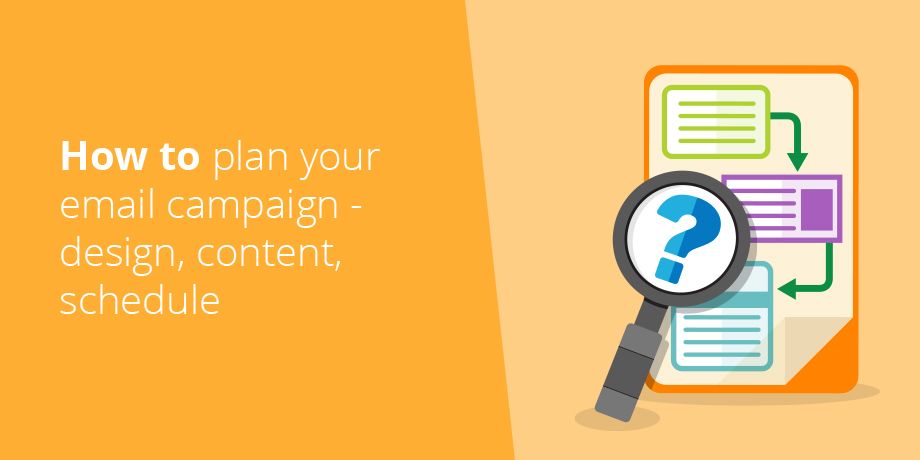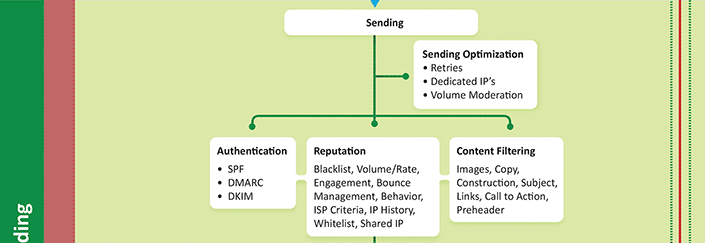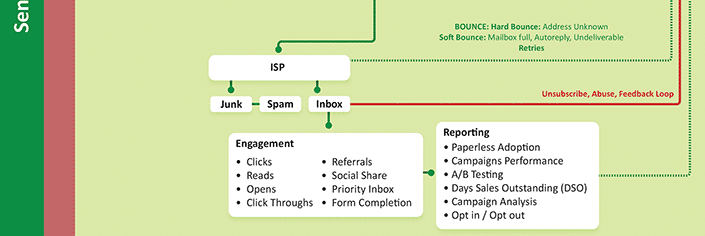
There are so many things to consider before you embark on an email campaign.
Today’s consumers are busy, mobile and distracted, meaning an email has to have all the right elements to successfully grab their attention. A communication that does not provide relevant content to the selected target group at the right time and using the appropriate channel, is likely to go unnoticed.
Discovery is the first step in a simple email marketing process. It’s ok if you feel like you are spending most of your time in meetings. These discovery sessions are crucial to the success of your campaign. Face to face meetings are best during this phase of the process, as there is less room for misinterpretation, especially if email marketing is new to you.Setting and aligning expectations upfront makes for a smoother process. The discovery phase is a great time to not only get an understanding of the requirements, but also add value and make suggestions. Sometimes, what a client needs and what a client wants are two different things.

Here are some key points to think about in your planning phase:
Design
Good email design should invisibly support your overall communication goal and motivate your customers to take the primary action.The best piece of advice I can give you for this phase, is to ensure that the email design has a mobile first approach. Responsive design is just good email design. At this point in the process, with an understanding of your data and goals already defined, you are ready to start designing beautiful emails.
Consider the following:
- What device the email will be read on
- What the recipient will be doing while reading your email
- The latest design trends and user experience
Content Planning
Beyond responsive layout, emails and digital content that adapt to a user’s age will take relevance and user experience to another level. This could include font type, image style and even icons that change based on age.
Defining goals and objectives at the beginning of the process will determine the reporting format and what variables to measure. For example, is improved engagement the goal or is lead generation the measure of success? Does the campaign require a real time, online dashboard or is individual level activity level a must? Knowing these answers upfront means you can set up goal orientated reports for the campaign that result in key insights.
Email is an ideal medium for personalized communication. Not only is it easy to include relevant and targeted information, but the results show a greater ROI based on cost and effort compared to other media.
We all know that the way information is presented via email has to continue to evolve to keep pace with customer experience expectations. Today’s smart marketers are driving digital engagement using hyper-personalization based on real-time data and artificial intelligence. Tomorrow’s smart marketers are already investigating how to add dynamic content to their bucket of email tricks.
Consider the following:
- Goal of the email and the call to actions (CTA)
- Dynamic content
- Videos, animations and other exciting content options
- Personalization
- Cadence – The email cadence is the rhythmic repeating pattern of email communications. It includes the number of emails sent, the spacing between emails, the content sent and the audience receiving the email
- Frequency – the frequency is how often campaigns and communication cycles run
Keep an eye on your inbox for part 2 in this series: Data Management
Need any help planning your email campaigns?
Improve the customer experience with secure document delivery today






If you would like to subscribe to Linda’s future blog posts, then simply update your email preferences here.
You can also follow this series on Twitter: #ComplexityOfEmail














